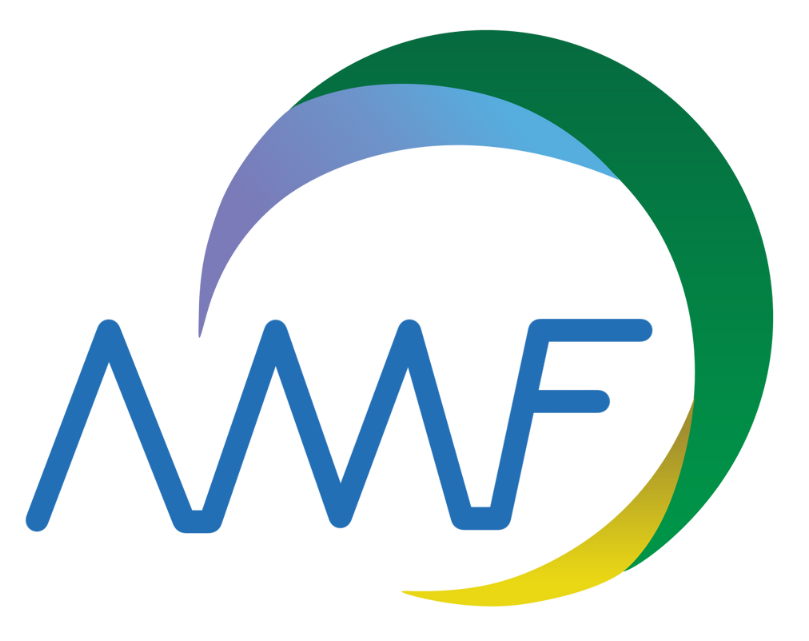Sustainable Use of Peatland and Haze Mitigation in ASEAN (ASEAN-REPEAT-SUPA): Value Chain Development Potential and Market Access and Competitiveness for Three (3) Agroforestry Commodities

Executive Summary
Peatlands hold great potential for sustainable agricultural development, yet their utilisation remains limited. Through the ASEAN-REPEAT-SUPA programme, GIZ, together with Anwar Muhammad Foundation (AMF), supports peatland management in West Aceh and Nagan Raya by focusing on identifying three superior commodities, conducting value chain analyses, and implementing training for farmers.
The project aims to enhance community resilience, improve access to markets, and strengthen community welfare through integrated systems aligned with environmental sustainability principles.
Backgorund
Peatlands have significant potential for agricultural activities and other economic sectors due to their high nutrient and moisture content.Identifying potential commodities is required to maximise economic and environmental benefits, establish production systems suitable for peatland conditions, and open up new economic opportunities. Hence, developing competitive commodities is expected to promote sustainable use of peatlands while enhancing local community welfare.Through the ASEAN-REPEAT-SUPA programme, GIZ supports the implementation of the ASEAN peatland management strategy, including in 10 priority areas in West Aceh and Nagan Raya. In these villages, GIZ facilitates the demplot (demonstration plot) for cultivating agricultural, fisheries, and peat-tolerant species according to land conditions.
Client
Deutsche Gesellschaft für Internationale Zusammenarbeit (GIZ)
Year
2024/Indonesia
Lokasi
West Aceh Regency and Nagan Raya Regency, Aceh
Objectives of the Intervention
- Identify three priority commodities suitable for sustainable peatland utilisation.
- Assess value chain potential, including market access and competitiveness of selected commodities.
- Develop recommendations for sustainable production systems and value chains of the priority commodities.
Implementation
- Conduct analysis and study on needs, conditions, and field situations.
- Capacity Development, including preparing local consultative workshops and training sessions.
- Identify local businesses.
Hasil Utama dan Keluaran
- Hasil asesmen komoditas menunjukkan bahwa dari 10 desa, teridentifikasi 18 komoditas potensial untuk dikembangkan seperti tanaman pangan, hortikultura, serta ternak/ikan.
- Tiga komoditas prioritas utama yang potensial dikembangkan di lahan gambut Nagan Raya dan Aceh Barat adalah nanas, madu kelulut, dan lele
- Pelatihan bagi petani lokal dilaksanakan dengan materi terkait; hidrologi gambut, pola budidaya; rantai nilai komoditas serta pengelolaan komunitas petani gambut, mobilisasi sumber daya, dan keterlibatan pemangku kepentingan; pengembangan rantai nilai dan pengelolaan masyarakat.
- Terjalin kolaborasi multi-pihak antara pengusaha, akademisi, pemerintah, dan masyarakat dalam mengembangkan tiga komoditas utama: madu trigona, ikan lele, dan nanas
Main Outputs and Deliverables
Commodity assessment conducted in 10 villages identified 18 potential commodities for development, such as horticulture, plantation crops, and aquaculture (fish/livestock).
Three main priority commodities for sustainable peatland utilisation in Nagan Raya and West Aceh were identified: pineapple, honey, and catfish.
Farmer training activities covered peatland hydrology, cultivation techniques, value chain management, and community engagement.
Multi-stakeholder collaboration was established among government, communities, and private actors to develop the three priority commodities: honey, catfish, and pineapple.
Challenges Encountered
- Farmers possess strong enthusiasm, practical experience, and available land; however, they still lack adequate understanding of Good Agricultural Practices (GAP), Climate Smart Agriculture (CSA), as well as limited access to capital and infrastructure.
- Issues were also identified within local businesses, including oversupply of catfish, limited pineapple markets, and unstable production of trigona honey.
Lessons Learned
- There is a need to develop multi-stakeholder institutional mechanisms (Quad Helix Forum).
- The facilitation of TKPPEG (Local Farmers Group) can strengthen capacity and economic sustainability.
Documentation

Anwar Muhammad Foundation
Jl. O Kavling No. 12, RT. 10 RW. 14, Kebon Baru, Tebet, Jakarta Selatan – Indonesia 12830